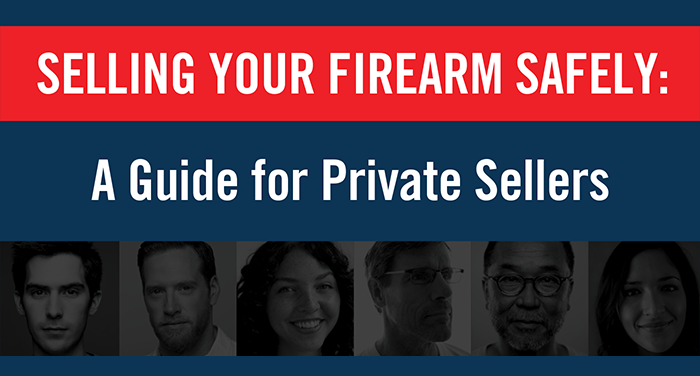Frequently Asked Questions
Using a federal firearms licensee (FFL) can provide you a secure process if you want to transfer your firearm to another person. In addition to helping facilitate the sale generally, FFLs can conduct background checks on prospective buyers.
If you are selling your gun to a person who lives outside your state, using an FFL is required under federal law. If you are selling your gun to a person who lives in the same state, using an FFL is voluntary under federal law – but you should check the laws of your state. Some states impose background check or other requirements on private sales.
Please be advised that under federal law, FFLs are NOT required to facilitate private transfers. (Again, states may have different rules.) Before you travel, be sure to call the FFL to ensure this service is available. You can find FFLs local to you by searching for “FFL Finder” on the internet; many sites can help you locate an FFL by zip code.
- Has been convicted of a crime punishable by a term of imprisonment exceeding one year;
- Is a fugitive from justice;
- Is an unlawful user of, or addicted to, any controlled substance;
- Has been adjudicated as a mental defective or committed to a mental institution;
- Is an alien illegally or unlawfully in the United States;
- Is an alien who has been admitted to the United States under a nonimmigrant visa (with certain exceptions);
- Has been discharged from the Armed Forces under dishonorable conditions;
- Has renounced United States citizenship;
- Is subject to a qualifying protective order;
- Has been convicted of a misdemeanor crime of domestic violence.
States may have additional restrictions.
For more information, please view our Private Seller Guide.
- Third party location for transfer of the firearm, which may provide additional safety
- Assurance of a background check on the potential buyer
- No need to ask your potential buyers personal questions about their backgrounds
- Community safety
- Assistance to law enforcement in tracing the firearm to the buyer if it is ever recovered in connection with the commission of a crime
That is why it’s a good idea, before you travel, to call to be sure the FFL facilitates private transactions.
Federal law prohibits the consolidation of information about firearm purchasers to any form of national firearm registry.

